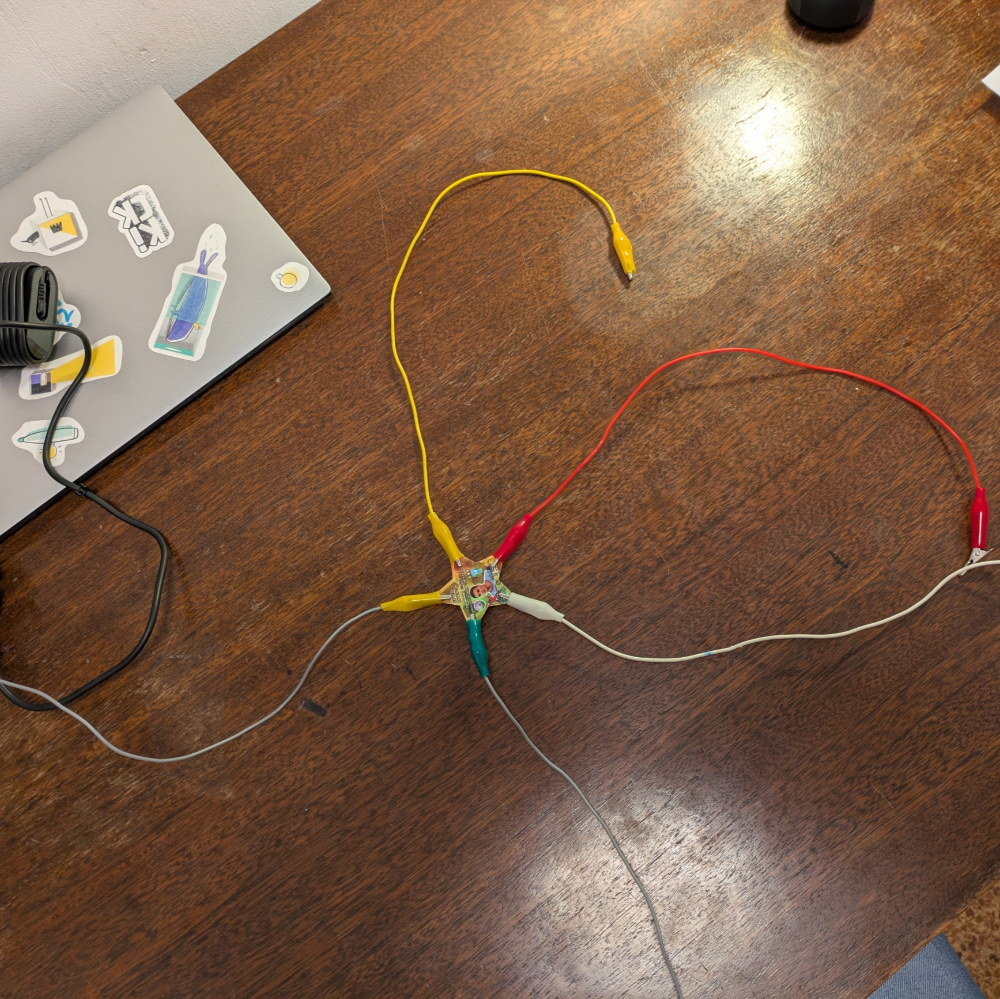Pointers, hash tables, and trying to navigate in a new era

A young undergraduate student discovered a different and faster hash table. Beyond the interesting story in Quanta Magazine, this example reveals another point: Krapivin (the student who came up with the idea) was not held back by conventional wisdom, simply because he was unaware of it. “I did this without knowing about Yao’s conjecture,” he said, referring to the previously established knowledge on the specific issue. As Thomas Kuhn stated in The Structure of Scientific Revolutions, only someone unaware of previously established knowledge is in a position to challenge it and eventually replace it, for two main reasons: through learning, we automatically learn to accept and adopt this established way of thinking; and secondly, no one wants to contradict established knowledge except when it impedes research or doesn’t align with the scientific data.
Regarding the state of web or software build tools or frameworks, Lee Robinson states that we are approaching an era of personal software, and thus we need more of these tools that will spread knowledge and foster innovation. And
On a relevant topic, Tim O’Reilly has a great piece on the end of programming as we know it. I’m not sure if I “feel fine,” like the famous verse from the REM song, but from past experience with AI code helpers, there is no doubt that, on the one hand, they are becoming a more subtle, almost hidden assistant, much like the way current code linters work. On the other hand, they can rapidly prototype, debug, document, and explain code, thus becoming a training method for themselves.